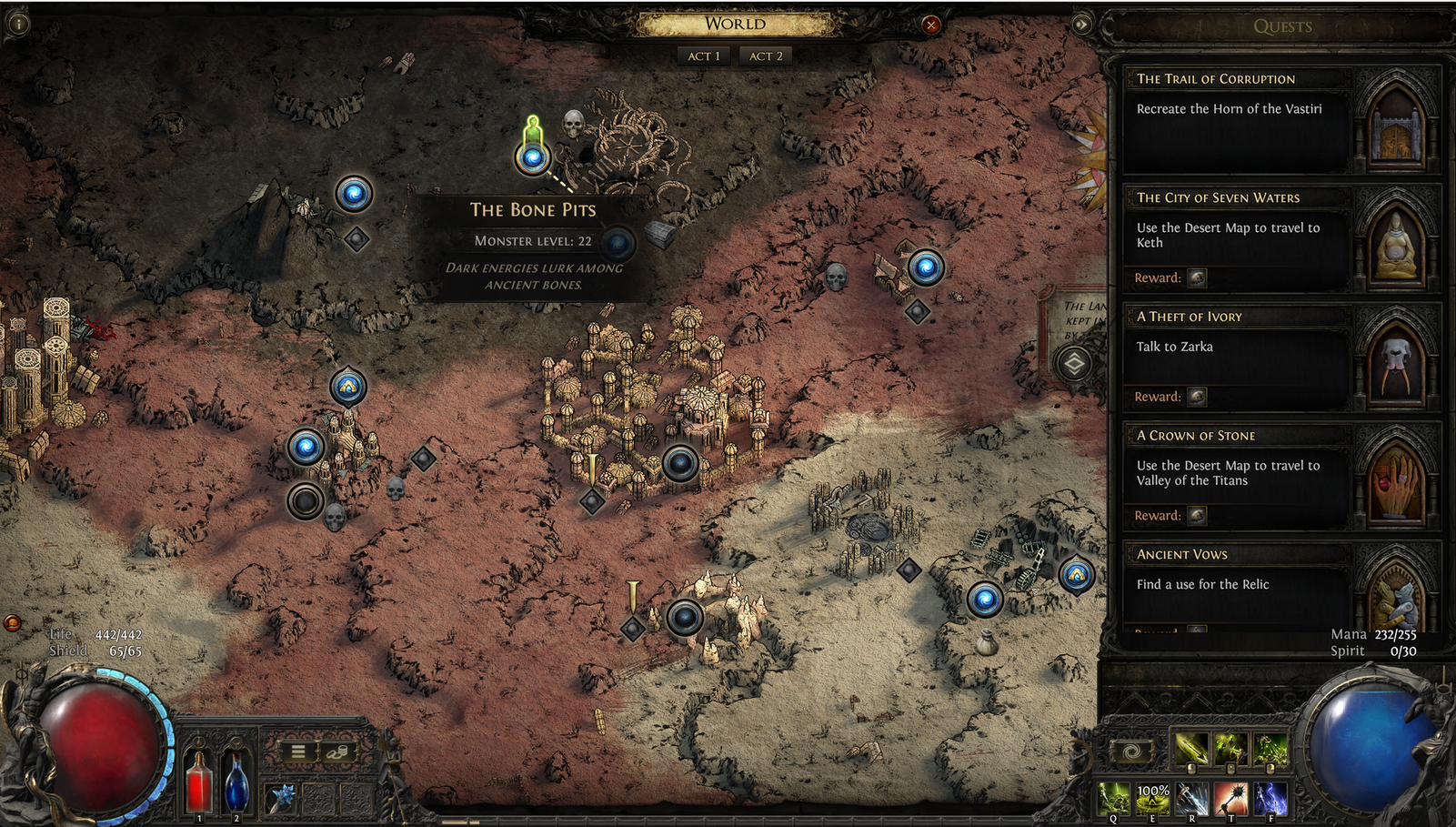What Are the Key Benefits of Medication Management?

Medication is often a cornerstone of treatment for mental health conditions, chronic illnesses, and acute medical concerns. However, simply prescribing a medication does not guarantee successful outcomes. For many patients, the real value lies in medication management—a structured, personalized approach that ensures prescriptions are safe, effective, and aligned with the individual’s overall care plan.
With the growing complexity of healthcare, medication management has become a vital service that bridges the gap between treatment goals and patient outcomes. Just as people may seek therapy for relationship issues to navigate challenges in their personal lives, medication management provides similar clarity and support in the medical space.
Below, we’ll explore the core benefits of medication management, why it matters, and how it integrates into holistic care.
Improved Safety and Reduced Risk
One of the biggest advantages of medication management is ensuring safety. Many patients take multiple medications prescribed by different doctors. Without oversight, the risk of dangerous drug interactions, side effects, or incorrect dosages increases significantly.
A medication management program reviews prescriptions comprehensively, cross-checking them for potential conflicts. This is especially important for patients with chronic illnesses or mental health conditions who often require complex regimens. Much like when patients ask how long does genetic testing take to understand their health risks, careful medication oversight provides peace of mind by addressing possible concerns before they become problems.
Optimized Treatment Outcomes
Medication management ensures that treatments are not only safe but also effective. Physicians and care teams evaluate whether a medication is delivering the intended results. If progress is lacking, adjustments can be made—whether that means changing dosages, switching medications, or adding supportive therapies.
For instance, someone struggling with anxiety might combine prescription treatment with therapy for relationship issues to address stressors from both a medical and emotional perspective. This integrated approach enhances the chances of long-term recovery and well-being.
Personalized Care That Fits the Individual
No two patients are exactly alike, and medication should not be treated as one-size-fits-all. Through medication management, providers consider factors such as age, lifestyle, genetics, and co-existing conditions. This individualized attention helps create a treatment plan that works for each unique patient.
As more people ask how long does genetic testing take, the connection between genetics and treatment grows stronger. Pharmacogenetic testing, for example, can reveal how a person’s body metabolizes certain medications. When paired with medication management, these insights allow providers to choose the most effective prescriptions with fewer trial-and-error attempts.
Better Patient Education and Empowerment
Understanding why a medication is prescribed, how it works, and what side effects to monitor can be overwhelming. Medication management helps patients feel confident about their treatment by providing education and guidance.
When patients are encouraged to ask questions—whether about side effects, dosage timing, or even unrelated concerns like how long does genetic testing take—they build trust in their care team. This empowerment often translates into better adherence to prescribed regimens and stronger health outcomes.
Enhanced Adherence and Accountability
Even the best treatment cannot work if patients do not take medications as prescribed. Medication management includes systems to track adherence, such as reminders, follow-up visits, or simplified schedules. This accountability helps patients remain consistent, reducing relapse or hospital readmissions.
For example, just as couples may rely on therapy for relationship issues to stay accountable and improve communication, medication management offers a supportive structure that keeps patients on track with their health goals.
Holistic Integration with Other Therapies
Medication is rarely the sole answer. The best care often combines medications with therapeutic support, lifestyle changes, and wellness practices. Medication management recognizes this and works in tandem with other treatments.
A patient dealing with depression, for example, might benefit from both antidepressant medication and therapy for relationship issues, since unresolved conflicts often contribute to mental health challenges. In the same way, knowledge from questions like how long does genetic testing take can provide additional tools to personalize treatment and improve recovery.
Cost-Effectiveness and Long-Term Savings
Improper medication use leads to billions in avoidable healthcare costs each year due to hospitalizations, complications, and emergency care. Medication management helps reduce these costs by ensuring that medications are working effectively and efficiently.
When treatments are monitored closely, patients are less likely to waste money on ineffective prescriptions or suffer costly health setbacks. This financial benefit adds another layer of value for individuals and families managing long-term conditions.
Strengthened Provider-Patient Relationships
Medication management fosters ongoing communication between patients and healthcare providers. Instead of quick prescription renewals, patients engage in meaningful discussions about progress, concerns, and goals.
This process mirrors the open communication found in therapy for relationship issues, where consistent dialogue helps resolve challenges. Similarly, being able to ask providers questions such as how long does genetic testing take reflects the trust built through continuous, collaborative care.
The Future of Medication Management
As technology advances, medication management continues to evolve. Digital health apps, telemedicine, and genetic insights are making the process more precise and patient-centered than ever before. Providers are now able to integrate real-time health data into decision-making, offering even more tailored care.
The future promises a deeper connection between medical science and personal needs, making medication management not just a supportive service, but a cornerstone of modern healthcare.
Conclusion
Medication management is more than simply taking a pill—it’s a comprehensive system designed to ensure safety, effectiveness, personalization, and long-term success. Just as therapy for relationship issues supports emotional well-being, medication management empowers patients to take control of their health journey. And as more people wonder how long does genetic testing take, it becomes clear that the future of medicine lies in blending scientific precision with individualized care.
For patients seeking better health outcomes and peace of mind, medication management is an invaluable resource—one that organizations like Massachusetts Mind Center are dedicated to providing.
FAQs
1. What is medication management?
It’s a structured process where healthcare providers monitor, adjust, and oversee prescriptions to ensure safety and effectiveness.
2. Who benefits from medication management?
Anyone on long-term prescriptions, multiple medications, or mental health treatments can benefit.
3. Does medication management include therapy?
While not therapy itself, it often works alongside supportive treatments like therapy for relationship issues.
4. How does genetic testing relate to medication management?
Pharmacogenetic testing can help identify which medications may be most effective, answering common questions like how long does genetic testing take.
5. Is medication management covered by insurance?
Many insurance plans include coverage, though specifics vary by provider and plan.





